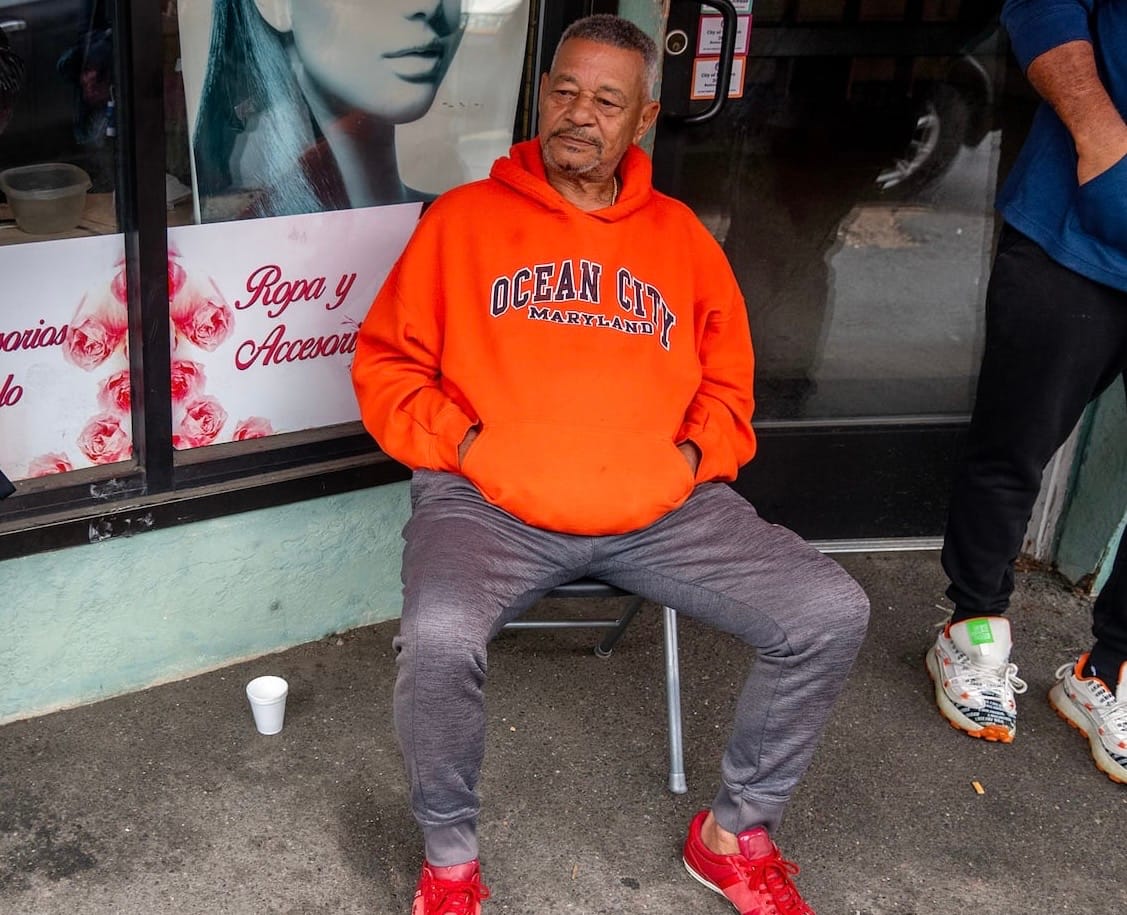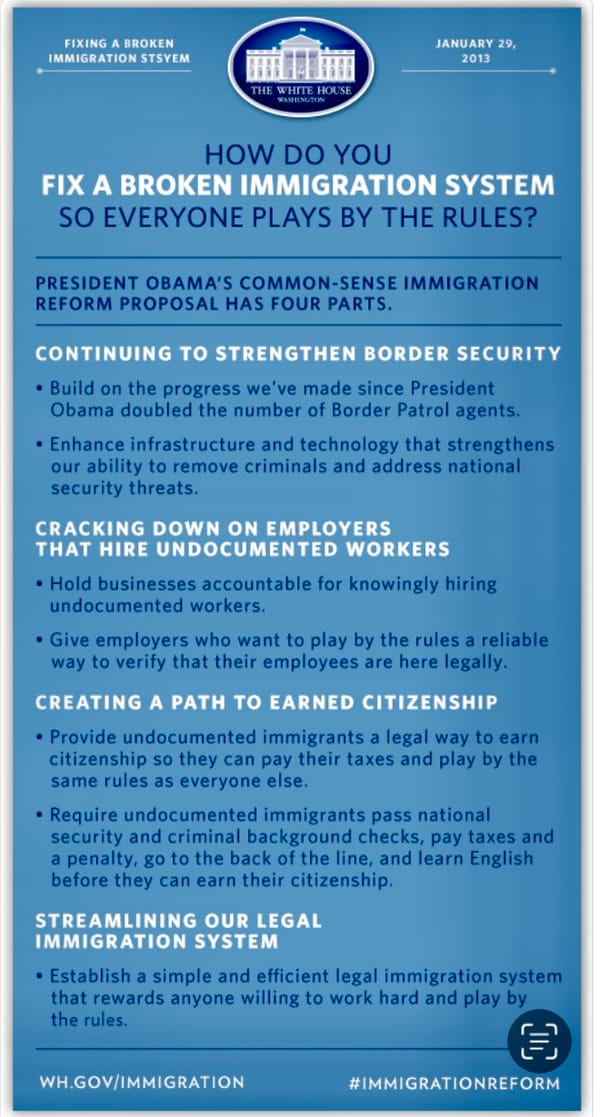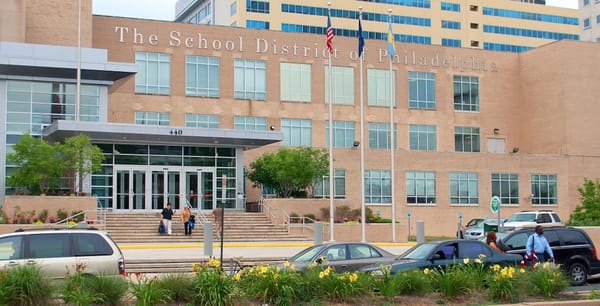Inquirer shows unusual balance in immigration story
In a surprise to some, the Inquirer reported the town, which is now Hispanic majority, gave candidate Trump greater majorities each time he ran, up to 61.4% in 2024.

This is another in my series of attacks analyses of the Philadelphia Inquirer’s endless stream of reporting on illegal immigration, which is never called “illegal immigration,” which becomes evidentiary observation #1 of its lack of objectivity.
My effort today focuses on the slightly blemished Sunday, Sept. 7, Page One story centering on Hazleton, Pa., population 30,000. This caught my eye because I reported from Hazleton back when it was making national headlines almost 20 years ago. Today, it is majority Hispanic, and majority pro Donald J. Trump.
In 2006, facing a flood of illegal immigration in his small town, Hazleton Mayor Lou Barletta drafted several ordinances aimed at people here unlawfully.
"What I'm doing here,” he told NBC News, “is protecting the legal taxpayer of any race. And I will get rid of the many illegal people. It's this simple: They must leave,” he said.
The local law mimicked U.S. law in forbidding illegals to work there, and also outlawed property owners from renting to illegals.
The resulting commotion led to not only my visit, but lots of other media outlets, including CBS’ “60 Minutes.” It did not go there to cheerlead, as you can see in a brief clip here.
The 2 ½-page Inquirer report mentioned Barletta only once.
Barletta went on to Congress, after the courts knocked down his laws, which the Inquirer described as “harsh anti-immigration ordinances,” under a subheadline in bold: Hazleton and its anti-immigrant past.
The problem is, Hazleton‘s laws were not “anti-immigrant.” They were aimed at illegal immigrants, the undocumented, the illegal aliens — any term you choose.
Barletta made it exceedingly clear in interviews that he was not against immigrants, such as his grandparents, who did the right thing and came here the right way. People who obeyed the law were welcome, he said many times, but he still was called a racist from those, usually far away, who opposed his policies.
His targets were illegals regardless of race, and he was backed by local Hispanics, mostly Dominican people, in Hazleton. Although he did not use “bad hombres," a term popularized by Donald Trump, Barletta pointed to rising crimes of violence committed by the illegals.
In a surprise to some, the Inquirer reported that the town, which is now Hispanic majority, gave candidate Trump greater majorities each time he ran, up to 61.4% in 2024.
I give the Inquirer props for that, along with noting two other Hispanic-majority towns, Reading and Allentown, gave Trump 35% of their vote.
There’s an adage in TV reporting man-on-the-street interviews (now called person-on-the-street) that goes, “One pro, one con, one funny.”
Generally speaking, TV reports are time-limited, which is not true for print. So Inquirer reporters Julia Terruso and Ximena Conde quoted about 10 people.
For a change, in Inquirer immigration stories at any rate, both sides were given — pro-Trump and anti-Trump.
Nicolas Diaz, a 78-year-old Dominican, blamed Democrats for Open Borders and said an influx of undocumented people took jobs that should have gone to legal immigrants and U.S. citizens.
The illegals “are not coming any more. The ones that are here are in hiding,” he said.
His friend, Robin Rubin, 77, took the anti-Trump side. “Right now, there are parents who are afraid to go drop on [sic] their kids at school. No matter what other people say, that’s not good.”
Well, it is not good, and it just means they are in Hazleton illegally.
“Some people seem nervous,” said Trump supporter Angie Chapman, “but I tell them don’t be nervous because it’s not like social media says.” By that she means there isn’t much ICE activity.
“There’s not a lot of bad people here,” Chapman said.
Not all agree on ICE. "Everyone understands that it is a threat to all of us,” said Omar De La Cruz, an organizer for a pro-immigrant group. (I do not understand that ICE is a “threat to all of us.”)
But even some pro-Trump people recognize the mass arrests have a blowback effect.
Alexandra Mendez, 48, came to the U.S. in 2006 from the Dominican Republic, became a citizen in 2015, and strongly supported Trump’s promises to deport the “bad hombres.”
According to the Inquirer, “she struggles to reconcile that with hardworking immigrants being swept up in raids.”
An NBC poll released Sunday showed 57% of Americans disapprove of the mass deportations, even though about two-thirds approved of them before they began.
Not to brag, but I predicted this would happen once Americans saw mothers in handcuffs, families being separated, and fathers being arrested outside of Home Depot, or inside a Hyundai car plant.
Deep down, Americans have soft hearts, and there should be a better way to handle the tide of illegals.
In fact, there is. Here is a 5-point plan.
Some day you might read it in the Inquirer.



